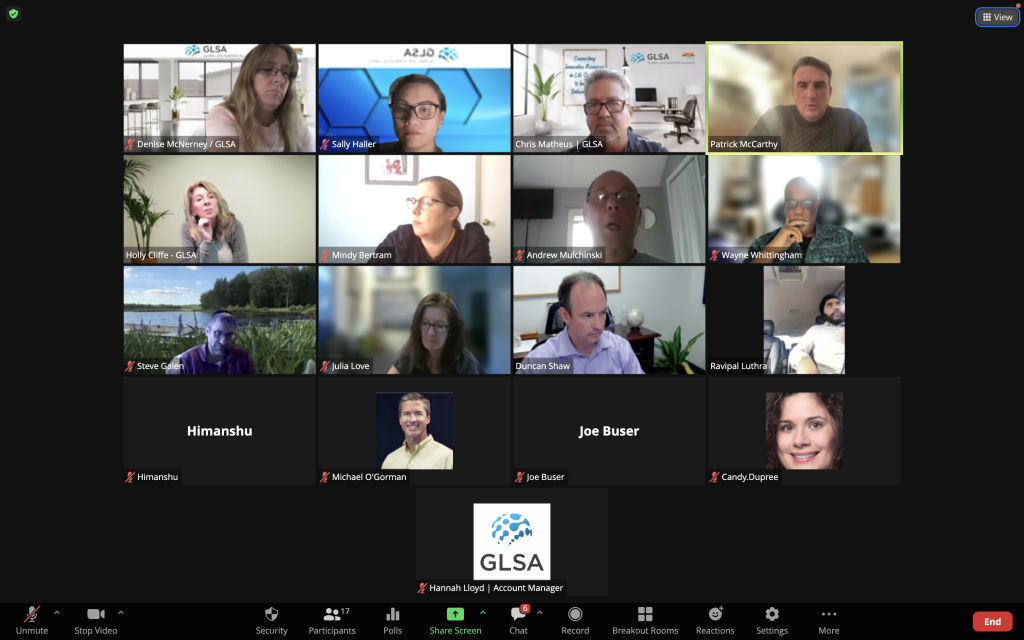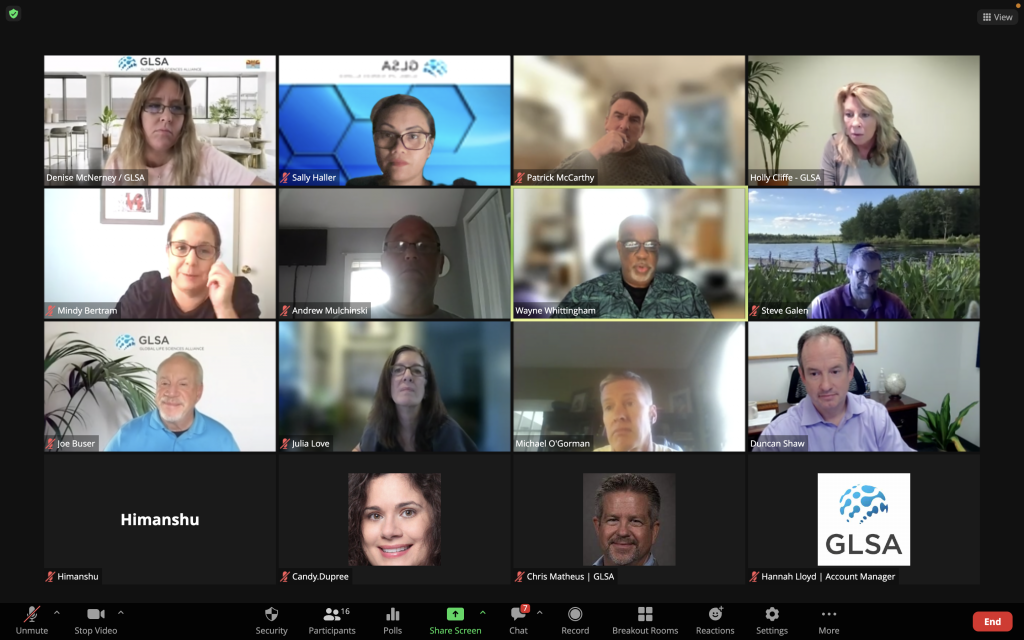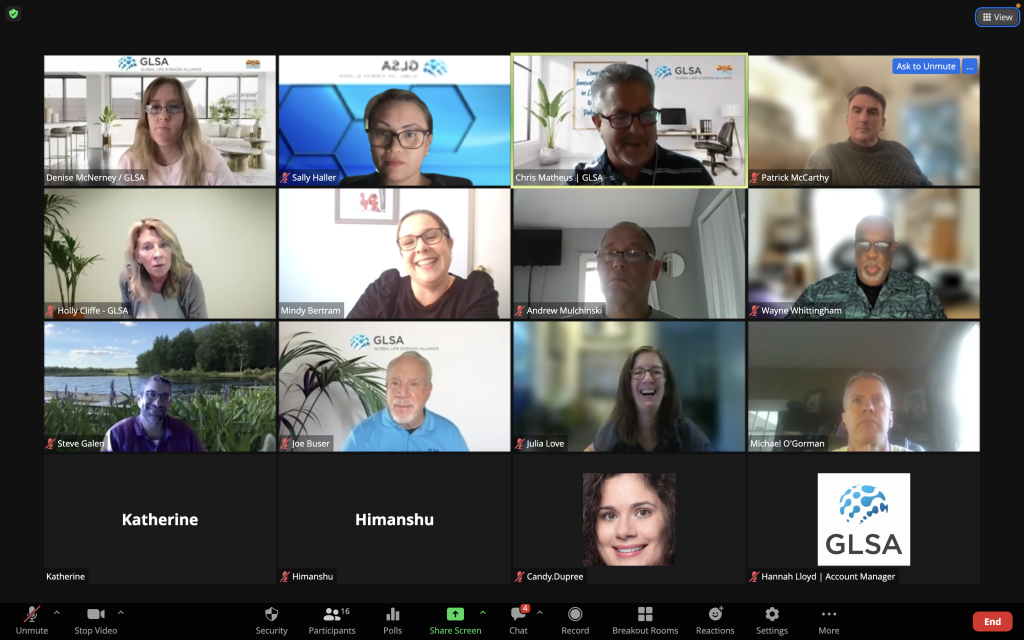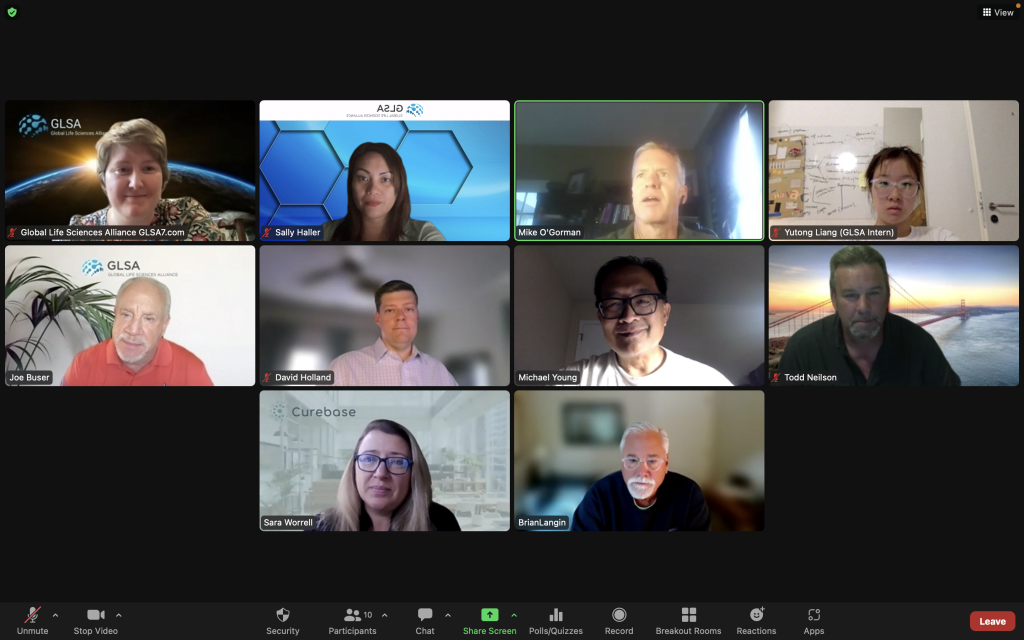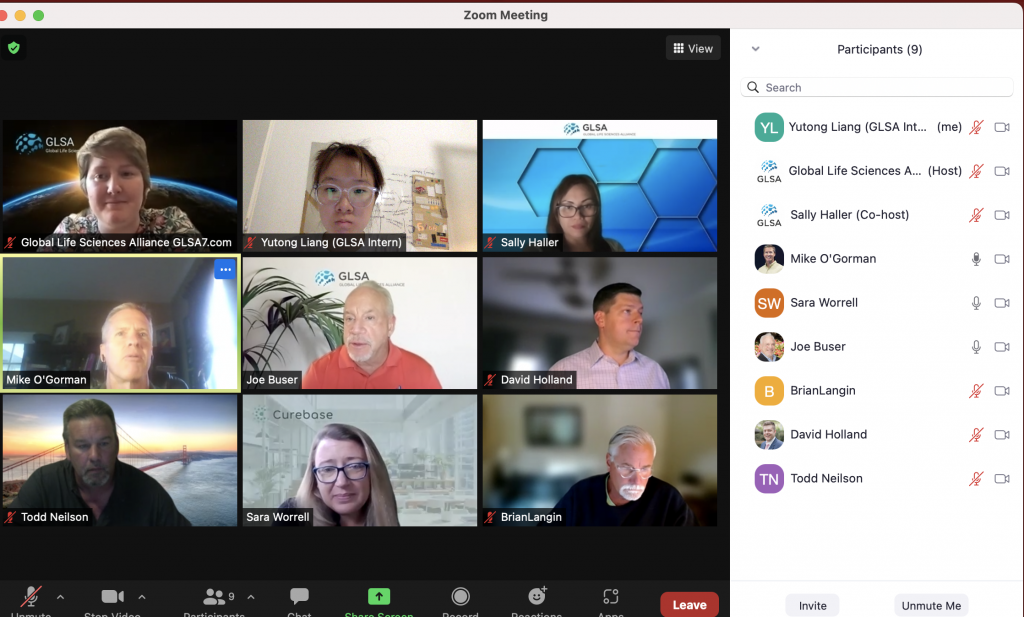The GLSA | FOCM Networking Event on Wednesday, September 21, 2022 at 5:00 PM EST was a fascinating presentation by Patrick McCarthy and Steve Galen of Validcare about a disruptive approach to the conduct of clinical trials. Recent advances in technology and learning to do things remotely due to COVID-19 helps make this possible. Not only is it possible, it is being done and Validcare is at the forefront.
https://validcare.globallifesciencesalliance.com/
The current clinical trial paradigm is broken. Decentralized clinical trials are proving not to be the solution. They’re merely a bolt-on expense that helps with patient access and engagement. DCTs do not reduce costs nor delays caused by inefficient data management, staffing and software systems. Validcare’s Digital 1st CRO Experience succeeds where DCTs do not. Finally we have the ability to fix the CRO Model and put an end to low-ball proposals to win the project followed by significant change orders shortly after study start-up.
Validcare’s platform puts the entire study in one cloud environment. This has been built by experienced industry insiders who knew that to fix the CRO model it had to be re-engineered from the outside. The platform has been designed on these principles:
- Transparency
- High performance
- Low maintenance
- Turn-key
As such it provides for predictable financial performance allowing for a fixed price for study conduct.
To nobody’s surprise, we couldn’t stay away from discussing the Fall conference schedule and who was intended to go to which events. It looks like a full return to in-person events with DPharm, SCDM, OCT New England, CNS Summit, MAGI West, CTS East Coast, etc.
Andrew Mulchinski stated that Symbio hasn’t fully adapted to DCT yet, sparking the post-quarantine observations of many regarding the transition to decentralized and hybrid studies.
Let’s continue to reinforce our collective goal to improve patients’ lives across the globe. If you would like to present on an educational life sciences topic and spur our event discussions, please leave a comment below and I’ll reach out as soon as possible.
Attendees (first time attendees in bold):
Julia Love, CEO, Love Contracts
Candy Dupree, National Sales Director, AdamsBridge Global
Himanshu Desai, Global Head PV QA, Novartis
Mike O’Gorman, CEO Life Science Marketplace
Mindy Bertram, Owner, CMB Consultants
Andrew Mulchinski, Business Development, Symbio Research
Wayne Whittingham, Vice President, Regulatory, Cardio Pharma
Duncan Shaw, CEO, DTS Language Services
Katherine Cloninger, Senior Director, Brand Marketing, Parexel
Ravi Luthra, Clinical Research Coordinator
GLSA:
Chris Matheus
Joe Buser
Holly Cliffe
Denise McNerney
Sally Haller
Hannah Lloyd-Clark
A few screenshots are below:
